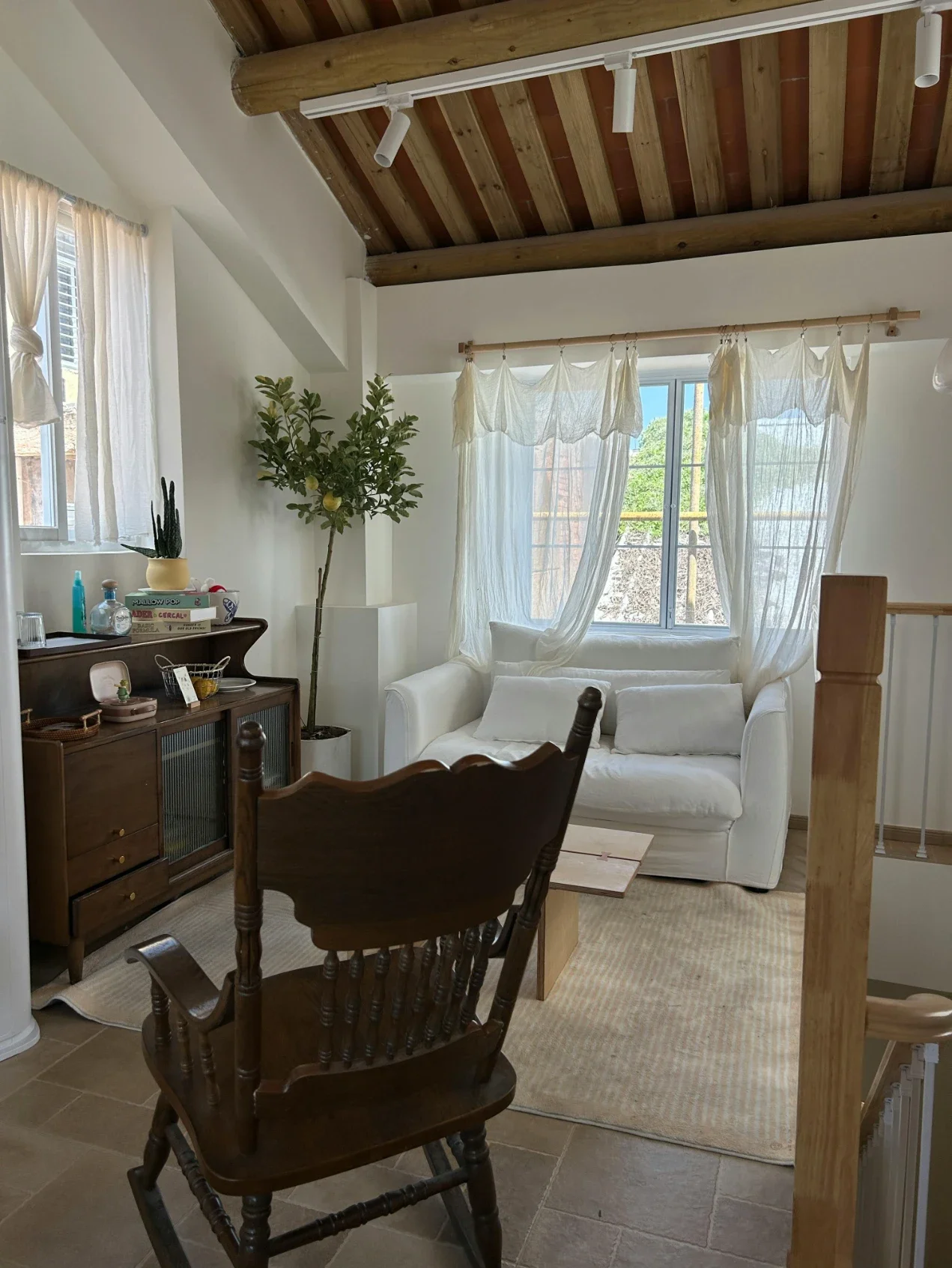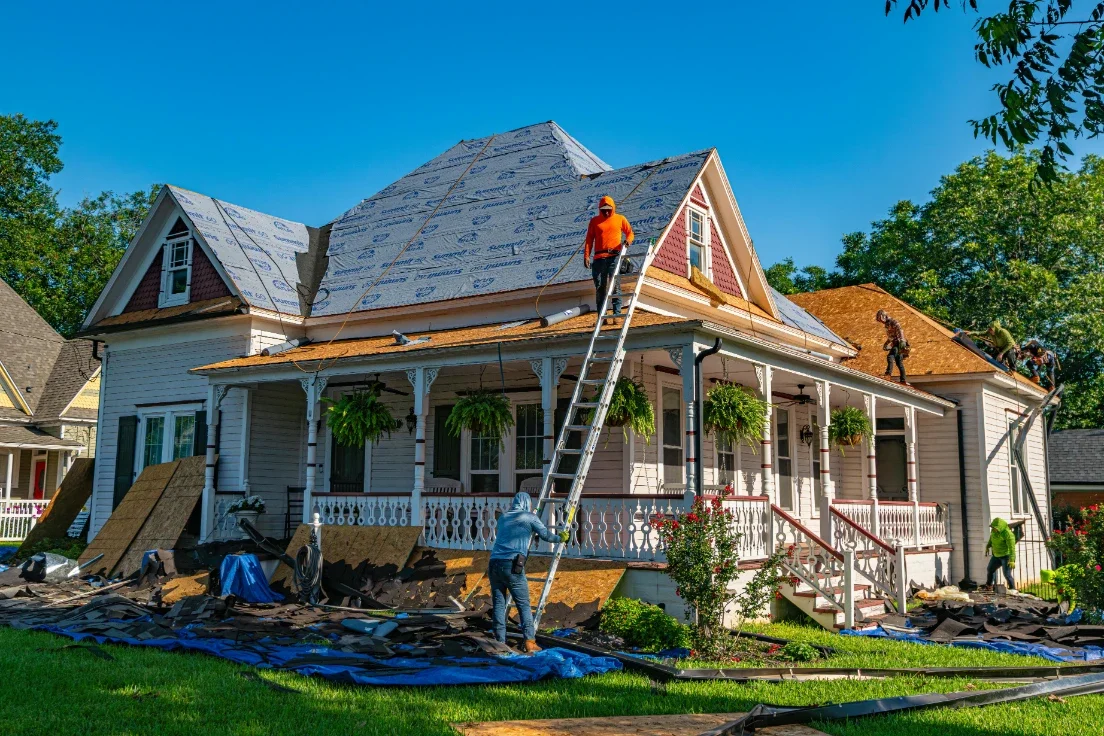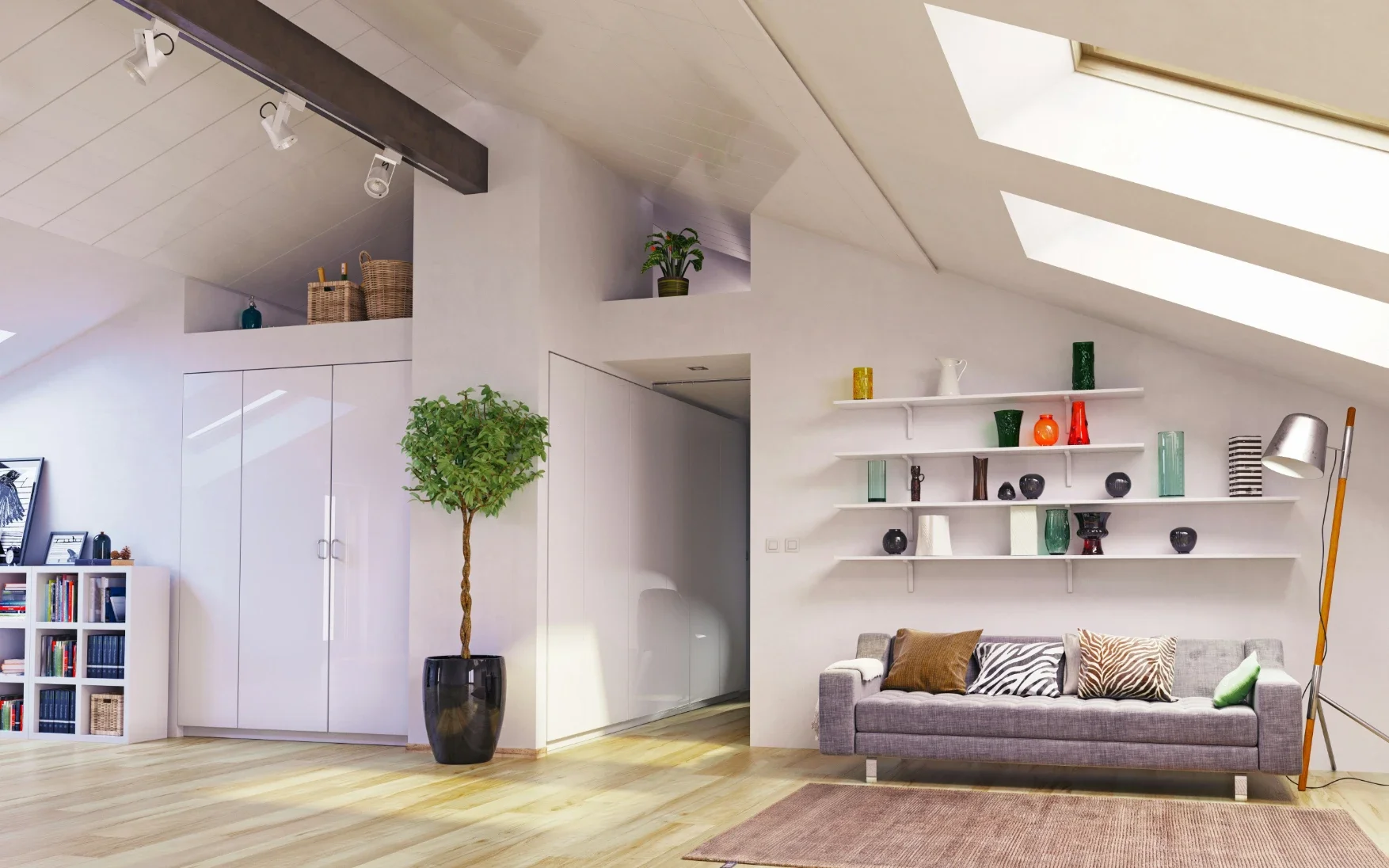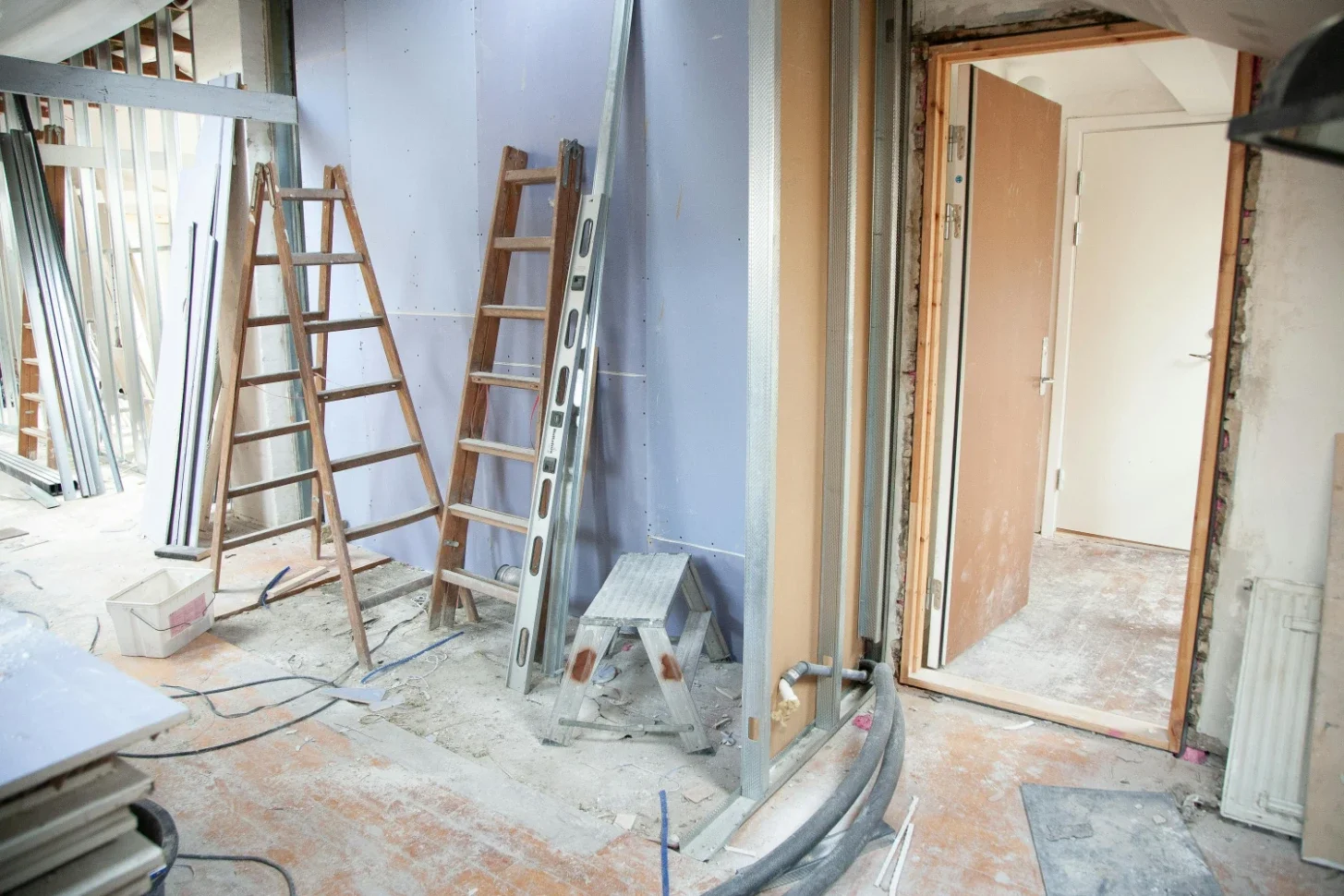Why Might People Choose to Rent a Home Rather Than Buy a Home?
Curious about why renting might be better than buying a home? Discover the key reasons people choose to rent instead of purchasing a property. From financial flexibility to lifestyle freedom, this guide covers it all.
In the great debate of renting versus buying, there's no one-size-fits-all answer. While homeownership is often painted as the ultimate dream, renting a home can offer its own set of perks that make it an appealing option for many. So, why might people choose to rent a home rather than buy one? Whether it's to maintain financial flexibility, enjoy less maintenance, or adapt to a more dynamic lifestyle, renting offers a range of benefits that might just make it the better choice for you. Let’s dive into why renting might be the perfect fit and explore the myriad reasons behind this decision.
Financial Flexibility
Lower Upfront Costs
One of the most enticing reasons people lean towards renting rather than buying is the significantly lower upfront costs.
Security Deposits vs. Down Payments: Renting typically involves a security deposit, which is much lower than the substantial down payment required for buying a home. The security deposit is refundable, while the down payment is a significant investment that goes toward the purchase price of the property.
No Closing Costs: Renting a home avoids closing costs, such as loan fees, appraisal charges, and title insurance, which are typical when purchasing a property. This means renters only need to cover the security deposit and first month's rent, avoiding the substantial upfront expenses associated with buying a home.
Avoiding Property Taxes
When you rent, you steer clear of the annual property tax bill.
No Unexpected Costs: Renters avoid the uncertainty of property taxes, which can fluctuate and increase over time. Unlike homeowners, renters don't have to worry about unexpected tax hikes affecting their budget, making their monthly expenses more predictable and manageable.
Simplified Budgeting: Renters benefit from simplified budgeting, as they don’t have to account for property taxes. Without this variable expense, managing monthly finances becomes easier, allowing for more predictable and streamlined budgeting without the concern of fluctuating property tax costs.
Shield from Market Fluctuations
The real estate market can be as unpredictable as the weather. Renting helps you sidestep these ups and downs.
Stable Payments: Rent payments are usually fixed, providing stability and predictability in your monthly budget. Unlike home values, which can fluctuate due to market conditions, rent offers a consistent expense that makes financial planning easier and less susceptible to market volatility.
Reduced Financial Risk: Renting shields you from the financial risks associated with property value declines. Unlike homeowners, who can face significant losses if property values drop, renters remain unaffected by market fluctuations, offering greater financial stability and peace of mind.
Lifestyle Flexibility
Easy Relocation
One of the biggest perks of renting is the flexibility it provides, especially for those who need to move frequently.
Job Relocation: Renting offers flexibility if you need to move for a new job. Unlike homeowners, who must navigate the complexities of selling a property, renters can easily relocate without the added burden of transferring ownership, making job changes smoother and more convenient.
Changing Needs: Renting allows you to quickly adapt to changing life circumstances, such as a different climate, closer proximity to family, or the need for more space. Unlike homeowners, who face the complexities of buying and selling, renters can easily move to a new property that better suits their evolving needs.
Short-Term Commitment
Renting offers a shorter-term commitment compared to homeownership.
Lease Agreements: Most leases are short-term, typically a year or less, giving you the flexibility to explore a new area or lifestyle without a long-term commitment. This allows you to assess whether the location and living situation fit your needs before making a more permanent decision.
Temporary Situations: Renting is ideal for transitional phases, such as attending school or starting a new job. It provides flexibility and convenience without the long-term commitment of homeownership, allowing you to adjust to new circumstances or locations with ease.
Maintenance and Repairs
Reduced Responsibility
Renters often enjoy the advantage of reduced responsibility when it comes to maintenance and repairs.
Landlord's Duty: In most rental agreements, the landlord handles major repairs and regular maintenance, shielding renters from unexpected repair costs. This arrangement can provide peace of mind, as you won't need to worry about covering these expenses yourself or dealing with the logistics of repairs.
Maintenance Staff: Many rental properties include maintenance staff who address issues such as leaky faucets or broken appliances. This service ensures that minor repairs are handled promptly without additional cost to you, making renting a convenient option for those who prefer not to manage these tasks themselves.
No Upkeep Hassles
Owning a home comes with ongoing upkeep tasks, from lawn care to exterior painting. Renting can alleviate these chores.
Lawn Care and Landscaping: For renters, especially in apartments or condos, lawn care and landscaping are typically handled by the property management.Renters, particularly in apartments or condos, usually benefit from property management handling lawn care and landscaping. This means you can enjoy well-maintained outdoor spaces without the responsibility or expense of upkeep, making renting a hassle-free option for those who prefer to leave these tasks to others.
Less Stress: Renting simplifies your life by removing the responsibilities of home upkeep. Without the need to handle maintenance tasks, you can enjoy a more relaxed lifestyle, focusing on your daily activities and personal interests without the stress of managing property issues.
Financial Stability
Predictable Expenses
Renting often provides more predictable monthly expenses compared to the financial responsibilities of homeownership.
Fixed Rent Payments: Rent payments are typically stable and predictable, making budgeting straightforward. Homeowners, however, might encounter unexpected costs such as major repairs, which can disrupt financial plans. Renting provides a consistent expense, allowing for easier financial management without the worry of unforeseen home maintenance costs.
No Mortgage Debt: Renting eliminates the need for a mortgage, helping you avoid significant debt and maintain a lower debt-to-income ratio. Without the burden of a mortgage, you can manage your finances more easily and keep your financial commitments within a more manageable range, enhancing overall financial stability.
Avoiding Long-Term Financial Commitments
Renting offers the advantage of not being tied down by a long-term financial commitment.
No Mortgage: Renting means you avoid long-term debt and interest payments associated with a mortgage. Without the financial commitment of a mortgage, you can enjoy greater financial flexibility and stability, as you won't be tied to monthly principal and interest payments. This can make budgeting simpler and reduce financial stress.
Financial Freedom: Renting offers the flexibility to allocate funds towards investments or savings for future goals, rather than tying money up in homeownership. This freedom allows for easier adjustments to financial plans and potentially quicker accumulation of wealth or emergency funds, enhancing your overall financial flexibility and security.
Personal Preferences
Freedom from Homeownership Responsibilities
Many people find the freedom from the responsibilities of homeownership to be a significant benefit.
No Property Management: Renting eliminates the need to manage a property, including tasks like handling tenant issues, collecting rent, or overseeing maintenance. This responsibility is typically handled by the landlord or property management company, allowing renters to enjoy their home without the additional administrative and maintenance burdens associated with property ownership.
Less Stress: Renting reduces the stress associated with homeownership, such as managing repairs, handling maintenance, and dealing with property taxes. Without these responsibilities, renters can enjoy a simpler lifestyle with fewer worries, focusing more on their daily activities and less on home-related issues.
Aligning with Lifestyle Choices
Renting can often align better with personal lifestyle choices and preferences.
Convenience: Renting offers flexibility to live in desirable locations near work or recreational facilities. It allows you to enjoy amenities without the long-term commitment of buying a home. This can be especially beneficial for those who value proximity to urban centers or prefer to reside in areas with specific lifestyle advantages.
Access to Amenities: Many rental properties offer amenities like pools, gyms, and community spaces that might be too costly for homeowners to install and maintain. Renting provides access to these desirable features without the high expenses and upkeep associated with ownership, allowing you to enjoy a higher standard of living without the financial commitment.
Conclusion
Choosing to rent a home rather than buy one is a decision influenced by various factors, from financial considerations to lifestyle preferences. Renting offers a host of advantages, including lower upfront costs, reduced maintenance responsibilities, and greater flexibility. It can be particularly appealing for those who value financial stability, easy relocation, and freedom from the pressures of homeownership. Whether you're in a transitional phase or simply prefer the benefits of renting, understanding why people might choose to rent over buying can help you make an informed decision that best suits your needs.
Frequently Asked Questions
What are the main financial advantages of renting over buying?
Renting typically involves lower upfront costs, such as a smaller security deposit instead of a large down payment, and avoids additional expenses like property taxes and maintenance costs. Renters also sidestep the financial risks associated with property market fluctuations.
How does renting offer more flexibility than owning a home?
Renting provides flexibility through shorter lease terms, making it easier to relocate for job changes or personal reasons. It also allows for easier lifestyle adjustments without the long-term commitment of homeownership.
What responsibilities do renters typically avoid compared to homeowners?
Renters usually avoid responsibilities such as major repairs, maintenance tasks, and property management. These duties are typically handled by the landlord or property management, relieving renters of these concerns.
Can renting be a more stable financial option than owning a home?
Yes, renting can offer greater financial stability with predictable monthly expenses and no mortgage debt. It also eliminates the risk of unexpected repair costs and market value fluctuations.
How does renting align with personal lifestyle preferences?
Renting aligns with personal lifestyle preferences by providing convenience and access to amenities that may not be available or affordable in a purchased home. It allows renters to enjoy desirable locations and facilities without long-term commitments.






























